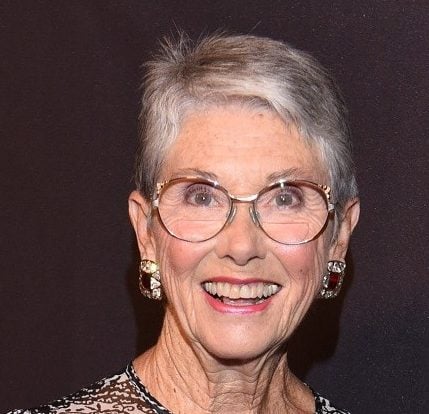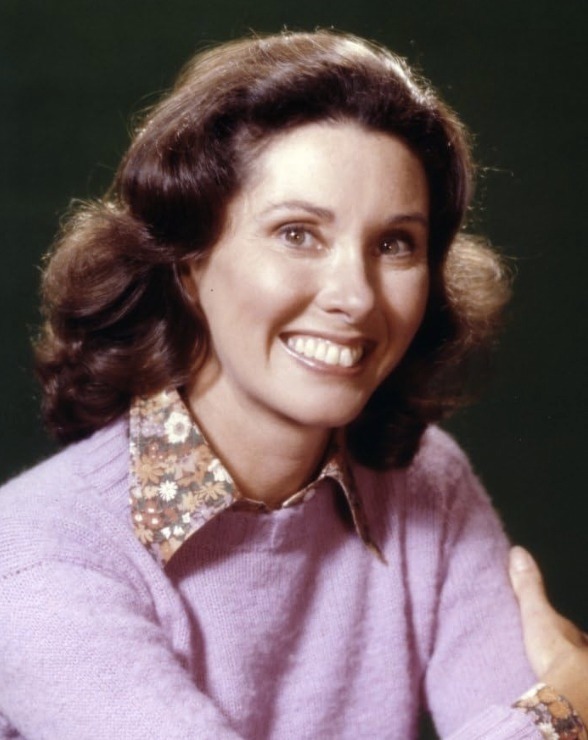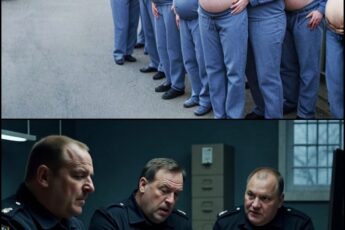Elinor Donahue’s career spans over six decades, a testament to her talent, dedication, and timeless appeal. From her early beginnings, she has captivated audiences across multiple generations with her natural charm and acting ability. Born in Tacoma, Washington, on April 19, 1937, Elinor was surrounded by a love for the arts from a young age—her father was involved in managing theaters, which naturally immersed her in the world of show business. It wasn’t long before her innate talent shone through; she made her film debut at just five years old, immediately capturing viewers’ hearts with her authentic presence and natural talent. From that very first step into the industry, it was clear she was destined for a long and storied career.
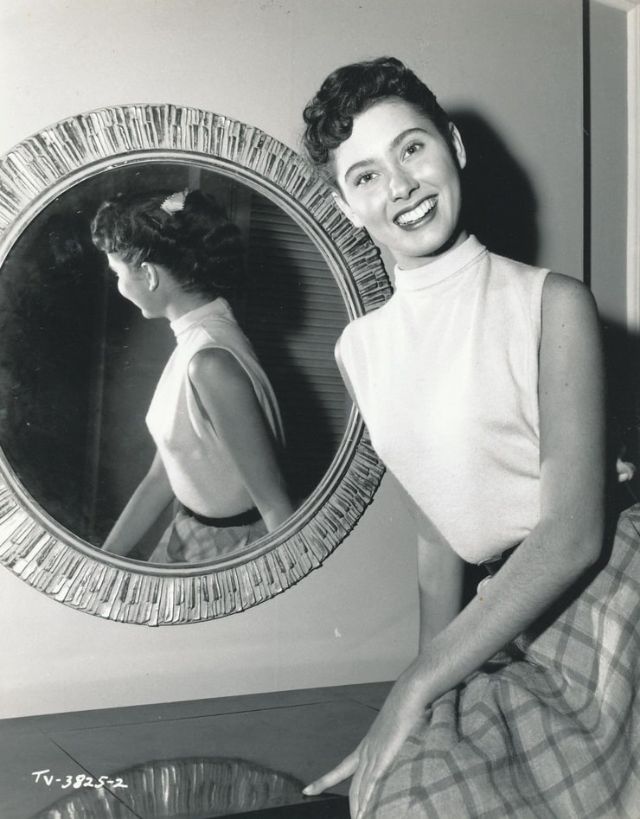
Elinor’s early days were filled with the kind of promise that comes from genuine talent and a childhood passion for performance. Her innocence and ease in front of the camera made her stand out, and her ability to convey emotion with simplicity made her a favorite of casting directors. Her childhood in the spotlight laid the foundation for what would become a spectacular career—one marked not just by early success, but by steady growth, adaptability, and a dedication to her craft.
However, it was her role in the beloved sitcom “Father Knows Best,” from 1954 to 1960, that truly propelled her into the national spotlight. She was cast as Betty Anderson, the responsible, kind, and mature eldest daughter of a suburban family. Her portrayal resonated deeply with audiences, who saw in her a reflection of the idealized American family life—warm, nurturing, and built on the values of love and trust. Donahue’s performance was more than just charming; it brought depth and reality to her character, making Betty relatable and genuine. Her ability to strike that delicate balance of innocence and maturity helped make the show a cultural touchstone and solidified her position as a talented actress with broad appeal.
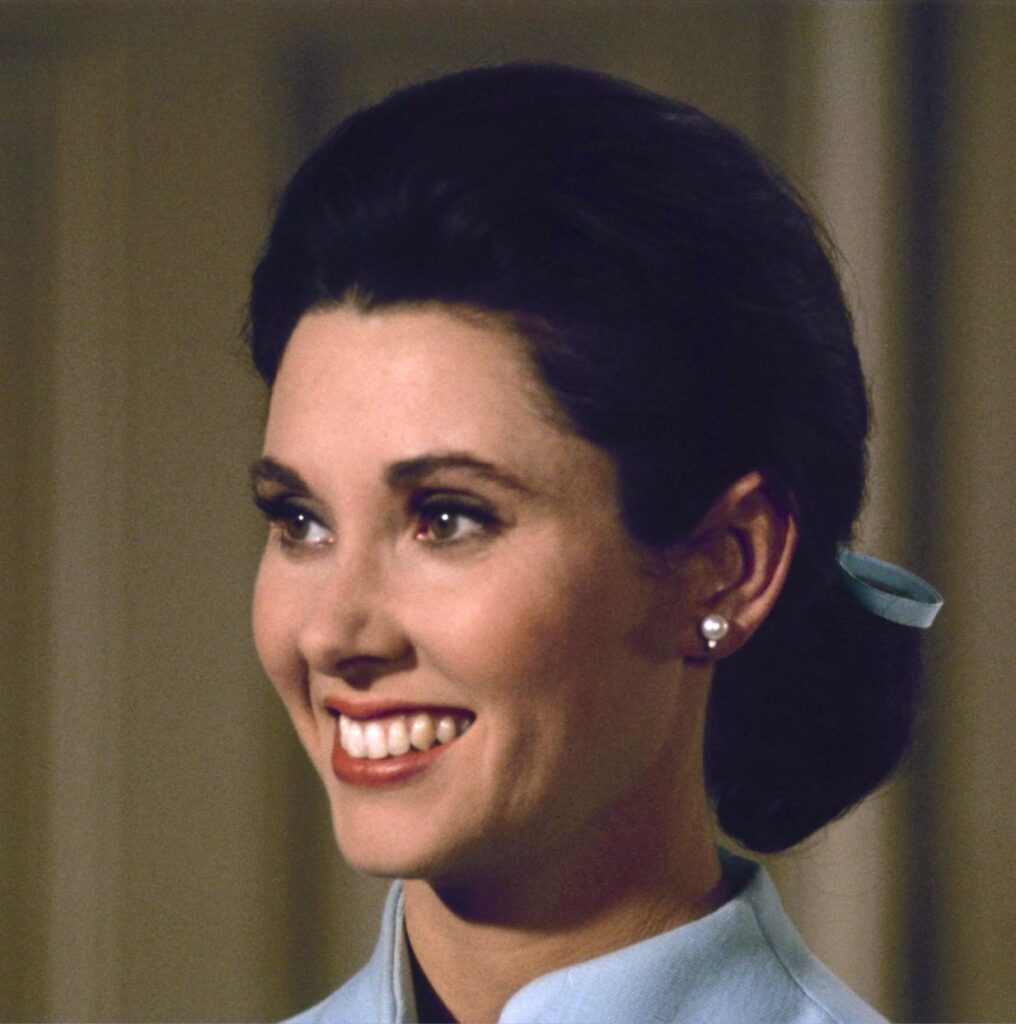
While “Father Knows Best” cemented her reputation on television, Elinor’s versatility extended far beyond that single role. She was quick to demonstrate that she could inhabit a wide range of characters across different media. Her capacity to bring nuance and realism to her roles allowed her to glide smoothly between theater, film, and television. She starred in notable movies such as “Girls’ Town” in 1959, where she showcased her ability to portray more complex and gritty characters, and in later years, she appeared in films like “Pretty Woman” (1990), displaying her adaptability across genres and eras. Whether playing a comedic mother, a dramatic figure, or a supporting role in a blockbuster, her performances were marked by authenticity and subtle depth.
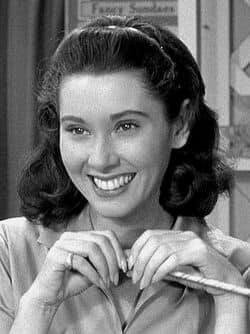
Throughout her long career, Elinor continued to appear in a variety of popular TV shows, exemplifying her ability to connect with different audiences. Her appearances on shows like “The Andy Griffith Show,” “The Odd Couple,” and “Dr. Quinn, Medicine Woman” proved her versatility and her skill in embodying many kinds of personalities — from warm and nurturing to witty and sharp. Each role reinforced her reputation as a consummate professional who could breathe life into any character and make it feel real. Her performances were often understated but always memorable, demonstrating a talent that trusted in the power of honesty and simple sincerity.
Beyond her career achievements, Elinor’s contributions extend to her character off-screen. She has become equally noted for her charitable work and her commitment to bettering society. Throughout her life, she has actively participated in numerous charity initiatives, offering her time and resources to causes she cares about. Her kindness and compassion shine through not only in her performances but also in her dedication to helping those in need, inspiring others in the entertainment industry and beyond to follow her example.
